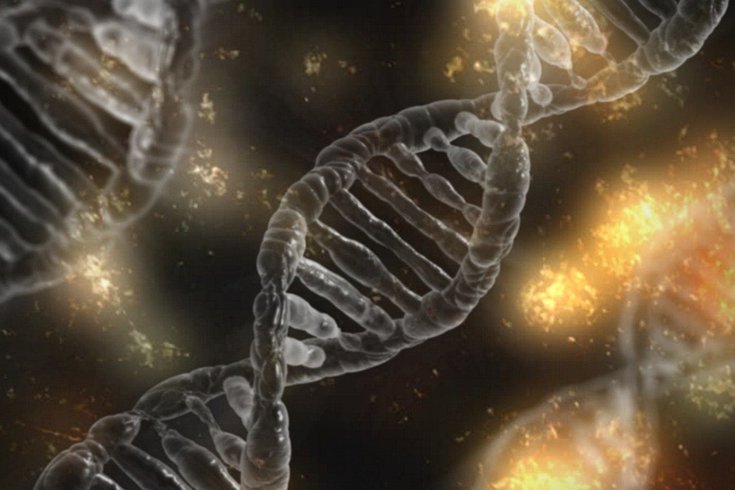
January 18, 2021
 Darwin Laganzon/Pixabay
Darwin Laganzon/Pixabay
'As we looked further into the role of CRY-1, we unexpectedly found that the circadian factor was altering the way that cancer cells repair DNA,' says Jefferson Health researcher Ayesha Shafi.
The body's internal clock not only can increase the risk of prostate cancer, but it also may affect outcomes as the disease progresses, Jefferson Health researchers say.
Their findings, published in Nature Communications, suggest that targeting a specific gene may improve the effectiveness of treatments.
"When we analyzed human cancer data, the circadian factor CRY-1 was found to increase in late-stage prostate cancers, and is strongly associated with poor outcomes," said Karen Knudsen, executive vice president of oncology services at Jefferson Health.
The potential health consequences of sleep deprivation, jet lag and shift work have been well-documented. Messing with circadian rhythms, which help regulate body temperature, breathing and other biological processes, increases the risk of obesity, diabetes, respiratory disease and some cancers, including prostate cancer.
One recent study found that the biological clock also influences how well the immune system works at different times of the day, confirming that administering therapies and vaccines at certain times of the day influences their effectiveness.
This latest study looked specifically at the role of one circadian rhythm gene. Using cultured cells, animal models and tissue harvested from prostate cancer patients, the researchers found that CRY-1 is induced by the androgen receptor in prostate tumor tissue.
Androgens are hormones that are important for sexual development — like testosterone. But they also can fuel the progression of prostate cancer. This partly explains why there are high levels of the circadian factor in human disease, researchers said.
"This was a clear indication of CRY-1's link to prostate cancer," said Ayesha Shafi, a postdoctoral researcher in Knudsen's lab. "As we looked further into the role of CRY-1, we unexpectedly found that the circadian factor was altering the way that cancer cells repair DNA."
A common treatment involves suppressing the hormone or its receptor. Cancer treatments are designed to damage the DNA in cancer cells and prevent them from repairs. This causes them to self-destruct.
In their study, researchers exposed cancer cells to radiation and found that when the DNA is damaged, CRY-1 levels increase in response. The circadian factor can alter the way cancer cells try to repair the damage, offering a protective effect. This means that CRY-1 may be lessening the effectiveness of prostate cancer treatments.
"The fact that CRY-1 is elevated in late-stage prostate cancer may explain why androgen-targeting treatments become ineffective at those later stages," Shafi said. "It also tells us that if a tumor has high levels of CRY-1, DNA repair targeting treatments may be less effective for them."
The researchers next will explore whether the circadian factor can be targeted and blocked in prostate cancer therapies to disrupt DNA repair in the cancer cells. The team also plans to study other circadian rhythm genes and how their disruption affects cancer treatment.